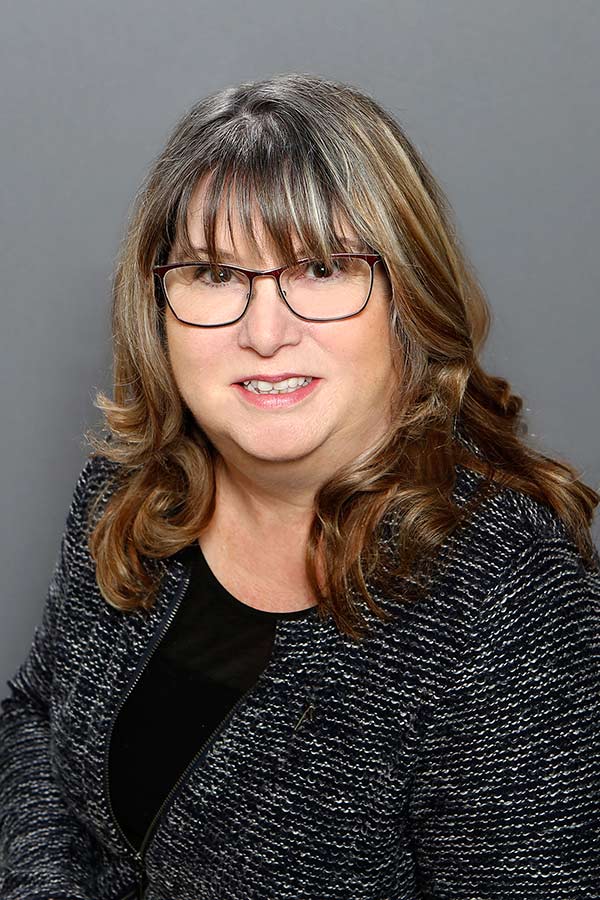UTEP Selected to Host Workshop that Tackles Disinformation
Last Updated on February 19, 2020 at 12:00 AM
Originally published February 19, 2020
By UC Staff
UTEP Communications
First Draft, an international network created in part to combat the spread of disinformation, has organized a workshop for journalists and others who collect and disseminate news, from 7:30 a.m. to 4 p.m. Friday, Feb. 21, 2020, at The University of Texas at El Paso.

Approximately 50 people from throughout the region, to include communication students and faculty from UTEP, will participate in 2020 Live Simulation: El Paso. The event will include a real-time disinformation crisis scenario.
According to First Draft, the simulation will put participants in a manufactured “breaking news” event to test journalists’ ability to identify holes in the story and their possible responses in collaboration with their newsrooms. Participants will learn how they can use their cell phones and laptops to access tools such as data verification systems and other technology platforms to identify and alleviate disinformation online during a live reporting situation.
Kate Gannon, associate professor of practice in UTEP’s Department of Communication, said this is a great opportunity, especially for border journalists who try to stop the flow of untruths.
“It’s like Wac-A-Mole with bad information,” said Gannon, who earned her bachelor’s degree in journalism and her Master of Fine Arts degree in bilingual creative writing from UTEP. She worked in journalism for more than 27 years, the last 17 in online media. “There is a big need for these kinds of tools. They will help develop a disciplined process of verification. It’s like a vaccine to mitigate disinformation.”
Gannon offered the Aug. 3, 2019, mass shooting in El Paso as an example of a crisis where individuals shared unverified information through social media that proved false. She said that there are digital checklists people can access quickly to authenticate a piece of information.
The free event will include presentations and three master classes to include the simulation. The two other classes will focus on how to identify, recognize and report instances of disinformation, as well as an overview of a deliberate use of false or misleading information to promote a political or group agenda to undermine confidence in trusted information sources.
This training is important because every journalist needs to know how to find, verify and responsibly report disinformation, said Aimee Rinehart, First Draft New York bureau editor and the workshop’s lead trainer.
“If they do not have these skills, they are primed to be fooled by disinformation actors,” said Rinehart, who has worked in newsrooms large and small since 1996. “Local newsrooms are particularly vulnerable to being hoaxed and disinformation actors know this.”
While the goal of the training team is to teach, Rinehart said that the instructors also hope to absorb any best practices the area’s journalists learned from the Aug. 3 shooting. She said the recent crisis was one of the reasons First Draft selected El Paso as one of its training spots.
The workshop is one of 14 planned immersive training exercises scheduled at academic institutions and news organization headquarters around the country. Other sites include UT Austin, the University of Southern California in Los Angeles, the University of Missouri in Columbia, and Arizona State University in Phoenix.
Another positive aspect to this regional workshop is the opportunity to introduce professional journalists to UTEP’s journalism students who often are bilingual, bicultural and digitally proficient. What the UTEP students learn and who they meet through the training will make them stronger job candidates for professional newsrooms.
Rinehart said that participants of the UTEP workshop could join in First Draft’s collaborative online platform CrossCheck. The nonprofit plans to link journalists, researchers and topic experts in such areas as voting rights, election funds and the U.S. Census so they can exchange information about what they witness online.
The nonprofit’s New York offices would be able to map trends and patterns of disinformation across the country. They would contact local partners and give students a chance to participate in a year-long national project that includes observations of the census, the Tokyo Olympics, and the U.S. elections from primaries and caucuses to conventions to the general election.